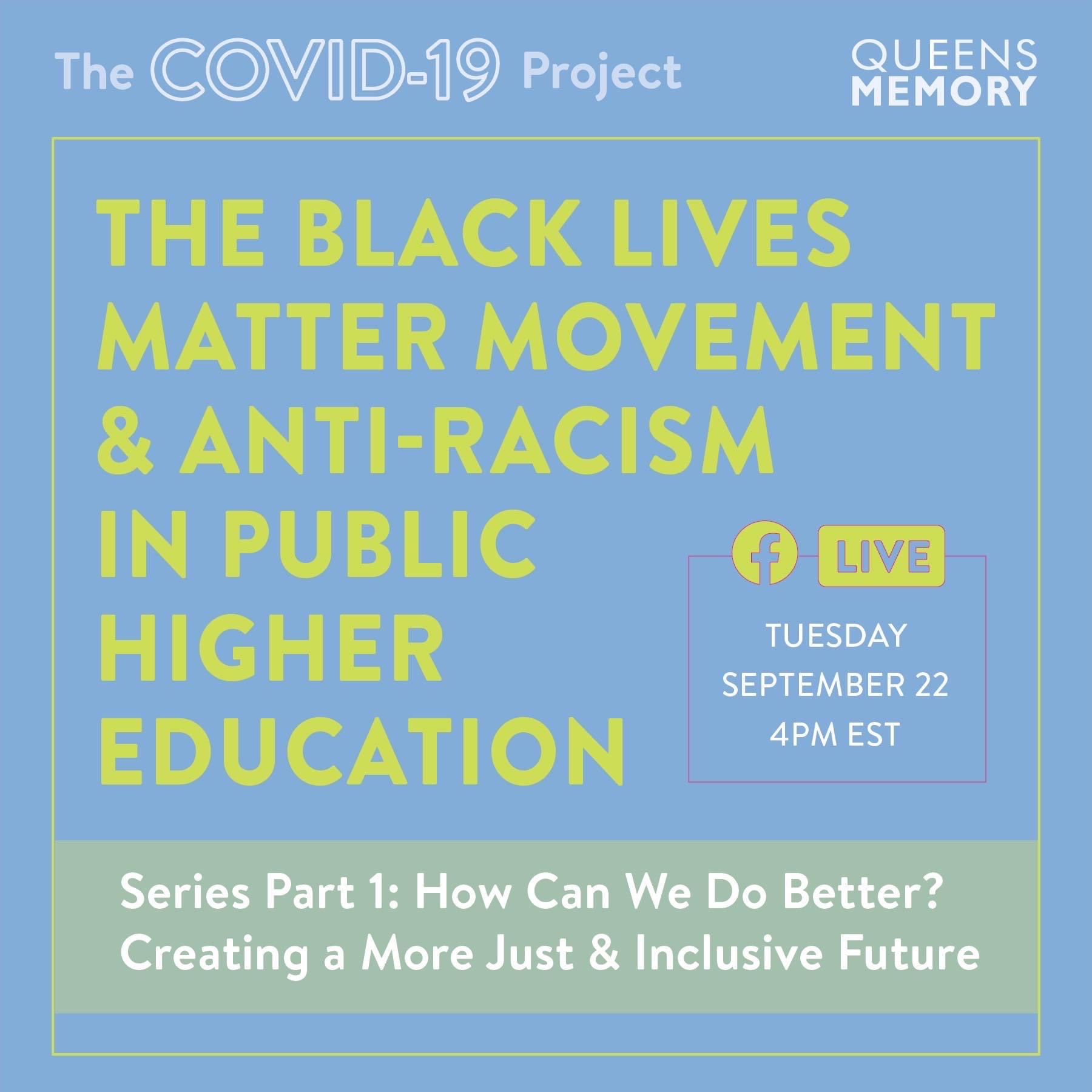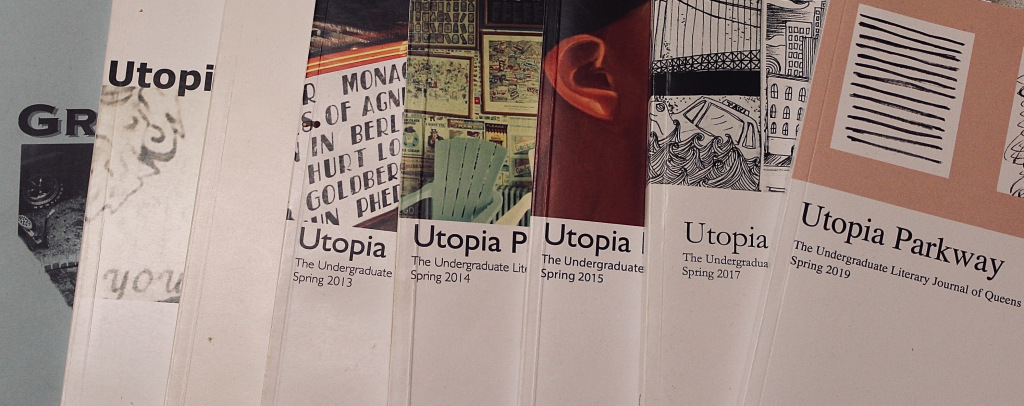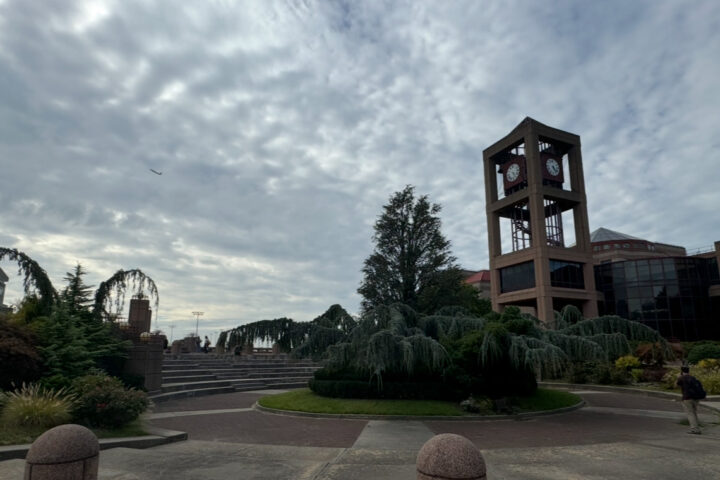The Queens Memory project team recently launched a three-part panel series titled, “How Can We Do Better? Creating a More Just and Inclusive Future.” This series was meant to give the Queens College (QC) community a virtual platform to meaningfully discuss and raise awareness about issues regarding race, identity, civic participation, and student leadership which hopes to instill positive social reform. The panel was part of a national dialogue that was prompted by the death of George Floyd, a black man who was victim of police brutality and passed away earlier this year in May.
With a recent surge in racial animosity across our nation, protests against the deaths of George Floyd, Breonna Taylor, and Ahmuad Arburey in the hands of police, and rallies against systemic racism in police practices lead several prominent QC community staff, scholars, and professionals to come together for an in-depth discussion about race in higher education in the United States. The series kicked off on September 22nd, with QC President Frank Wu serving as a moderator for a discussion about the Black Lives Matter Movement and Anti-Racism Public Higher Education.
Some of the topics discussed were the role of Black Lives Matter (BLM) protests amidst the global pandemic. Enoch Jermott introduced the prominent role of social media in sharing #BlackLivesMatter worldwide. Jermott is a junior transfer student at QC and a documentary producer. Social media sites have amplified the BLM movement and bolstered tremendous activism amongst users. As a result, the social justice movement that was often overlooked in times past is now being “shoved down people’s throats at work” according to Jermott.
William Sales, former director of the SEEK program at QC, offered his historical perspective about protests in the 1960s and 1970s. He explains that “the scale, distribution, composition of these protests is radically different” now than ever before. Prior to the acquisition of mass media and technological resources, only a few hundred people rallied in cities. Now, over a thousand people of different races, gender, ethnicities and backgrounds are sharing the same goal: equality and racial justice. It’s no longer just an issue amongst the Black community, but a worldwide concern. The priority of all supporters and BLM leaders is for current and future generations to make this movement permanent.
To better understand and thus learn about the shift in racial protests in history, Sales defined systemic racism as “socially constructed lies that affirm biological differences place white people as superior to African American people from the Southern US region”. Differences between Anglo and African American customs were used as a pretext for white supremacists to treat people of color poorly. Racism within the American capitalist system enabled the exploitation of black people. Policies, practices and procedures, such as Jim Crow laws have disproportionately prejudiced black communities. To combat such disparaging acts, Soribel Genao, QC Provost Diversity Fellow and professor in Education suggests that people in office and local community officials serve as outreach individuals to unify communities, ultimately empowering African Americans and their allies.
Genao then went into how the educational curriculum is not culturally inclusive. Genao argued that curriculums should be “decolonized”, explaining that courses such as East Asian Studies, Latinx Studies, and Africana Studies should count towards general education requirements instead of being specialized concentrations. In other words, more professors of color should be teaching physics, natural sciences, mathematics, history, etc.
Overall, the panel stressed the importance of strength in numbers. Allyson Regis, a counselor at the SEEK program for Queens College, candidly spoke about her experience with allyship. She maintains that although allied non-colored persons have good intentions, their support is often misconstrued. To combat such loss, Regis suggests that people should remain open minded and actively listening to Black stories and experiences. She wants others to “amplify her voice rather than stifle it.” Together, as a community, we can combat systemic racism and strive for equity and equality for all communities.














